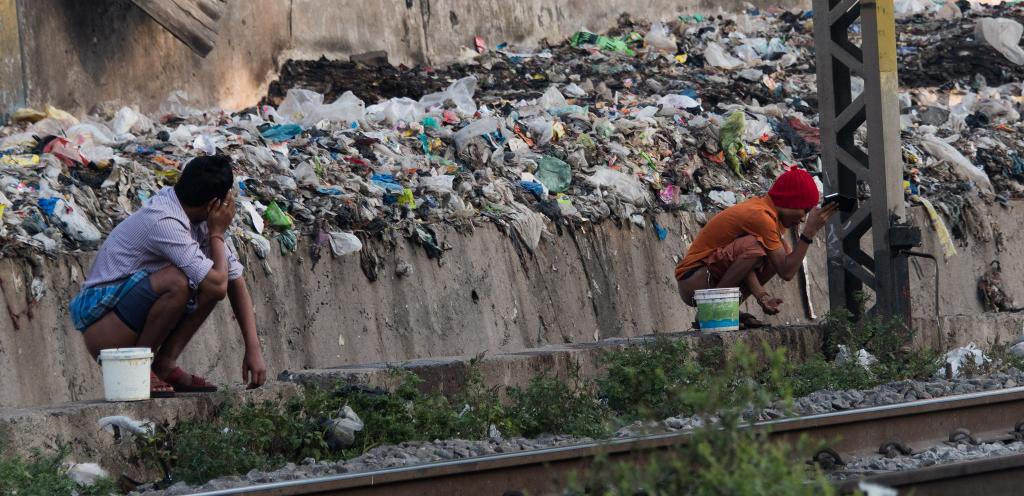
Most of us living in the 21st century do not realize how lucky we are to have access to modern toilet facilities when we want to ease ourselves. Airplanes, airports, trains, restaurants, homes and almost every space where there is recurrent human activity all come with this convenience in our era. This however seems like a utopic dream for the 2.3 billion people who have been denied this fundamental right and convenience by government neglect, diversion of public funding and outright fundamental human rights abuses linked to the classification of humans into cadres for easy discrimination and exclusion from basic sanitation services.
From the slums of New Delhi, India to those in Lagos, Nigeria, people are facing problems accessing hygienic toilet facilities that accord them the basic dignity of being humans. It is common for various slum dwellers to openly defecate in open gutters, bushes or flowing rivers which are washed downstream and collected as drinking water or used for the irrigation of vegetable farms by other citizens.
This poses a huge public health challenge. Diseases such as diarrhea, typhoid, cholera, polio and hepatitis which are all preventable and are rarely reported in regions of the world where adequate sanitation is in place.
This story is not completely gruesome. From the 1990s, the number of people gaining access to sanitation facilities rose from 54% to 68% around the world and it is still rising to this day. Although this climb is slower than it should be, it is important that we ensure that these new facilities are sustainable options that are hygienic and water efficient. In 2015, the United Nations General Assembly declared sanitation a universal human right which effectively means that everyone, everywhere, has the right to a toilet and the necessary facilities that accompany it.
It is important to note that the available of a toilet of any kind or of any condition does not fulfill the delivery of this human right. Toilets must meet five key criteria; they must be:
- Available (near to households, schools, workplaces, health centers etc.)
- Accessible (to all, without discrimination)
- Affordable (should not exceed 5% of households’ incomes)
- Safe (free from health hazards, and in locations that are safe for all users, e.g. where women feel safe from harassment and violence)
- Acceptable (culturally and socially, and must protect peoples’ privacy and dignity)
To fulfil these conditions in a sustainable and affordable way, many civil society organizations and philanthropists are spurring the reinvention of the toilet. To that effect, the Bill and Melinda Gates foundation have funded the development of worm powered toilets that cost $350 of which more than 4 000 have been installed in the homes of people who were defecating in the open in India. These worm toilets do not employ traditional flushing in its mechanism and are not connected to a sewer system. Instead, worms are contained in a container below the toilet where they feast on feces. Their biological activity leaves behind a mixture of water, carbon dioxide, and a nutrient-rich compost.
Inappropriate hygiene costs the world economy an estimated $223 billion dollars per year. Therefore, every step we take to improve access to safe toilet facilities will also have economic as well as health gains.
Sources:
//www.who.int/news-room/fact-sheets/detail/sanitation
//sanitationfirst.org/blog/the-right-to-a-toilet/
//www.lixil.com/en/makeasplash/
